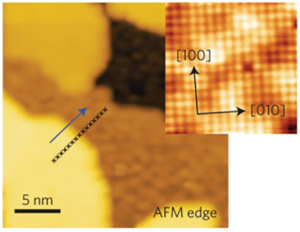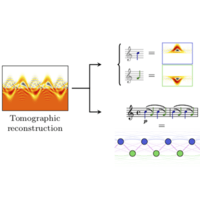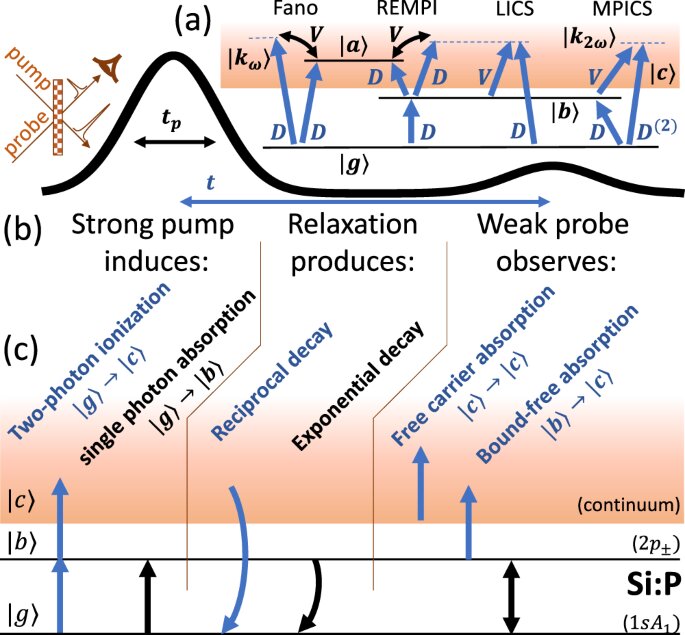Clifford group lies at the core of quantum computation—it underlies quantum error correction, its elements can be used to perform magic state distillation and they form randomized benchmarking protocols, Clifford group is used to study quantum entanglement, and more.
The ability to utilize Clifford group elements in practice relies heavily on the efficiency of their circuit-level implementation. Finding short circuits is a hard problem; despite Clifford group being finite, its size grows quickly with the number of qubits n, limiting known optimal implementations to n = 4 qubits. For n = 6, the number of Clifford group elements is about 2.1 × 1023.
In this paper, scientists report a set of algorithms, along with their C++ implementation, that implicitly synthesize optimal circuits for all 6-qubit Clifford group elements by storing a subset of the latter in a database of size 2.1TB (1kB = 1024B).
They have demonstrated how to extract arbitrary optimal 6-qubit Clifford circuit in 0.0009358 and 0.0006274 s using consumer- and enterprise-grade computers (hardware) respectively, while relying on this database.
They used this implementation to establish a new example of quantum advantage by Clifford circuits over CNOT gate circuits and find optimal Clifford 2-designs for up to 4 qubits.
npj Quantum Information, Published online: 05 July 2022; doi:10.1038/s41534-022-00583-7




